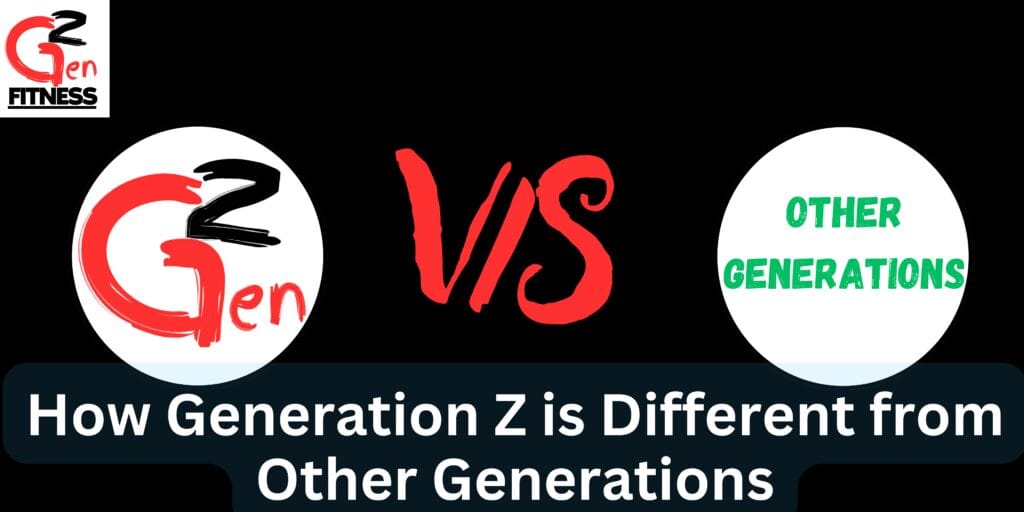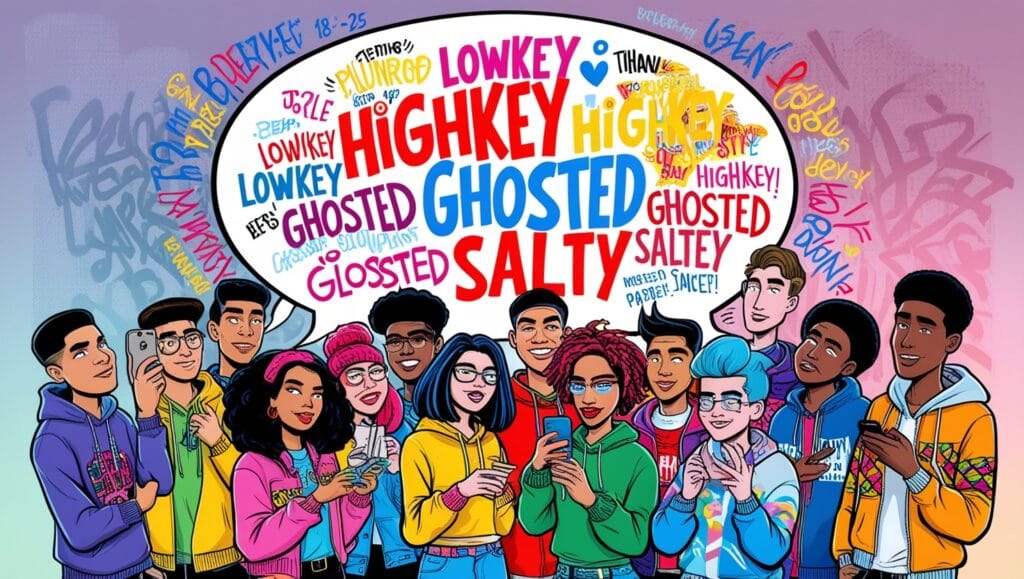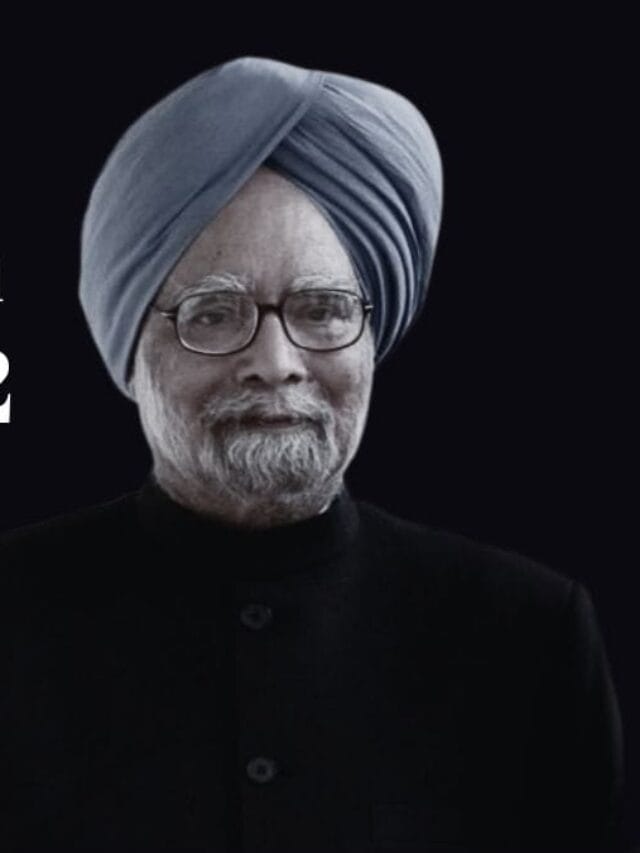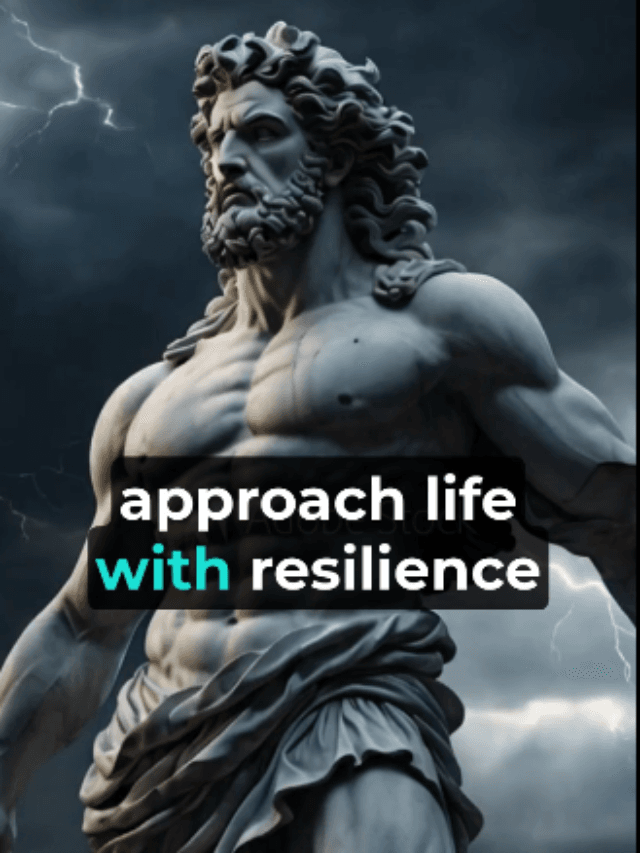

Introduction to How Generation Z is Different from Other Generation
Generation Z, also known as Gen Z, is often seen as a generation that’s breaking the mold in more ways than one. Born roughly between the mid-1990s and early 2010s, this group has grown up in a world that’s vastly different from the generations that came before them. But what truly sets them apart? In this article, you will leran about the unique characteristics, values, and habits of Generation Z, and explore how they differ from Millennials, Generation X, and Baby Boomers.
Who is Generation Z?
Before we go any further, let’s clarify who we’re talking about. Generation Z typically includes people born between 1997 and 2012. This group grew up during the rise of the internet, smartphones, and social media. They’re often referred to as “digital natives” because they’ve never known a world without instant access to information.
The Key Defining Features of Generation Z
What makes Gen Z stand out isn’t just their age—it’s their attitude and worldview. They’re pragmatic, socially conscious, and incredibly tech-savvy. But perhaps most importantly, they have a keen sense of identity and aren’t afraid to challenge traditional norms.
Technological Savvy
The Digital Natives of Generation Z
Unlike Millennials, who witnessed the rise of the internet and social media, Generation Z was born into it. They don’t remember a time before the iPhone, and their early interactions with technology shape the way they navigate the world. This makes them incredibly proficient with new gadgets, apps, and digital platforms. For Gen Z, technology isn’t just a tool—it’s an extension of themselves.
Comparison With Millennials and Gen X
While Millennials may have been tech pioneers, adapting to new trends like social media, Generation Z is the true digital expert. Gen X, on the other hand, largely adopted technology as adults, and their relationship with it is more functional than immersive. Gen Z, in contrast, lives and breathes technology in a way that previous generations didn’t.
Gen Z’s Affinity for Mobile Devices
Smartphones are second nature to Gen Z. While Millennials often rely on a mix of devices—laptops, tablets, and phones—Gen Z tends to stick with their mobile devices for everything from schoolwork to entertainment. They’re the generation of quick searches, fast texts, and instant gratification.
Social Media as a Way of Life for Gen Z
It’s no surprise that Gen Z spends a significant amount of time on social media. Platforms like Instagram, TikTok, and Snapchat dominate their lives, and they use these networks not just for fun but also as a form of self-expression, activism, and even business.
Communication Styles of Generation Z
Preference for Short-Form Content
Generation Z loves to keep things short and sweet. Whether it’s TikTok videos, Snapchat stories, or Instagram Reels, they prefer bite-sized, visual content that gets to the point quickly. This stems from their fast-paced digital environment, where attention spans are shorter than ever.
Impact of Memes and Visual Communication
Memes, GIFs, and emojis aren’t just casual entertainment for Gen Z—they’re integral forms of communication. They speak in a visual language that transcends words and allows them to convey complex emotions or ideas in an instant. Memes, in particular, have become a cultural currency, creating a shared sense of humor and identity.
The Rise of Video Content (TikTok, YouTube)
Video platforms like TikTok and YouTube have replaced traditional television for many Gen Z-ers. They value user-generated content, and they often turn to influencers rather than celebrities for advice, tutorials, and entertainment. The rise of “TikTok culture” shows just how influential short-form, algorithm-driven video content has become.
Values and Attitudes of Generation Z
Diversity and Inclusion as a Priority
Generation Z is the most ethnically diverse generation in history, and they embrace this diversity wholeheartedly. They advocate for inclusion, whether in terms of race, gender, sexuality, or socio-economic status. Gen Z expects brands, employers, and institutions to reflect these values and hold them accountable if they fall short.
Social Responsibility and Activism
Social justice is at the core of Generation Z’s beliefs. They’ve grown up witnessing political unrest, environmental crises, and widespread inequality, and they’ve taken it upon themselves to make a difference. From climate change activism to advocating for mental health, Gen Z is a generation of activists.
Comparison with Baby Boomers and Gen X on Social Values
In contrast to Baby Boomers and Generation X, who often focused on personal advancement and traditional career goals, Gen Z places a high value on collective well-being. For them, success isn’t just about personal achievement—it’s about making the world a better place.
Education and Learning Preferences
Embracing Online Learning
Unlike older generations who relied on traditional classroom settings, Generation Z is embracing online learning. From YouTube tutorials to virtual classrooms, they prefer to have access to educational resources anytime, anywhere. They view education as something they can curate for themselves rather than follow a rigid path.
Self-Directed Learning and Skill Development
Self-teaching and skill development are important to Generation Z. They turn to platforms like Skillshare and Coursera to learn new skills outside of traditional academic routes, focusing on practical, career-oriented knowledge. They are less concerned about traditional degrees and more focused on acquiring the skills needed for their goals.
Differences from Traditional Learning Approaches of Older Generations
Older generations often viewed education as a linear path—school, university, job. Gen Z, however, sees learning as a lifelong and flexible process. They’re more likely to prioritize courses that directly help them succeed in their desired careers, and they’re not as focused on traditional credentials.
Work and Career Expectations
Entrepreneurial Mindset of Gen Z
Generation Z is remarkably entrepreneurial. Unlike Millennials, who popularized the gig economy, Gen Z is taking it a step further by starting businesses earlier and seeking out freelance opportunities. Many are already launching online stores, creating digital content, or managing their own brands.
Focus on Work-Life Balance
Unlike previous generations, who often placed career success above personal well-being, Gen Z seeks a balance between work and life. They’re more likely to choose jobs that allow for flexible hours, remote work, and opportunities for self-care.
Contrast with Millennial Work Culture
While Millennials value work environments with perks like open offices and team-building, Gen Z is more pragmatic. They care less about office culture and more about job security, fair wages, and meaningful work. Gen Z wants careers that align with their personal values and offer them room to grow.
Financial Responsibility and Career Stability
Generation Z has witnessed the financial instability experienced by Millennials and Generation X during the 2008 financial crisis, so they approach money more cautiously. They’re more focused on savings, investments, and long-term career stability.
Shopping and Consumption Habits
The Rise of E-Commerce and Influencer Marketing
Online shopping is second nature to Generation Z. They value convenience and rely heavily on influencers for product recommendations. Unlike older generations, who trusted traditional advertising, Gen Z turns to social media influencers who seem more authentic and relatable.
Values-Driven Consumer Choices
Gen Z is highly values-driven when it comes to shopping. They prefer brands that are environmentally conscious, socially responsible, and transparent about their business practices. They are willing to spend more on products that align with their ethical values.
Comparing Spending Habits with Previous Generations
In contrast to Baby Boomers, who were more likely to spend on luxury items, Gen Z focuses on practical and sustainable purchases. Their buying habits lean towards quality over quantity, and they’re more likely to support smaller, eco-friendly businesses.
Mental Health and Well-Being
Greater Awareness of Mental Health in Gen Z
Mental health is a top priority for Generation Z. They’re more open to discussing their struggles with anxiety, depression, and burnout than previous generations. This openness has led to a more widespread acceptance of therapy and self-care practices.
The Role of Social Media in Mental Health Struggles
However, social media can also contribute to mental health issues. The pressure to curate a perfect online persona and the constant comparison to others can take a toll on Gen Z’s well-being. Despite this, they’re actively pushing for more transparent conversations around mental health.
How Gen Z is Redefining Self-Care Compared to Other Generations
Self-care for Gen Z goes beyond spa days and meditation. For them, it involves setting boundaries, seeking therapy, and prioritizing mental well-being. They’ve redefined self-care as a holistic approach to health, focusing on emotional, psychological, and social aspects.
Conclusion
Generation Z is undeniably unique. Their approach to technology, communication, values, education, and work sets them apart from previous generations. As digital natives, they’ve grown up in an era that has shaped their attitudes and habits in profound ways. With their focus on diversity, inclusion, and social responsibility, Generation Z is poised to make a lasting impact on the world.
FAQs
What makes Generation Z so different from Millennials?
Gen Z grew up fully immersed in technology, while Millennials adapted to it as it evolved. Gen Z is more pragmatic, entrepreneurial, and values work-life balance, while Millennials often emphasize workplace culture.
How has social media shaped Generation Z?
Social media is a core part of Gen Z’s identity and communication style. Platforms like TikTok and Instagram influence their self-expression, activism, and even career choices
Why is Generation Z more entrepreneurial?
Gen Z has embraced the idea of starting businesses at a young age, thanks to the ease of launching online ventures. They’re less reliant on traditional career paths and more interested in flexible, self-directed work.
What are the biggest challenges faced by Generation Z?
Gen Z faces unique challenges such as mental health struggles, social media pressure, and economic uncertainty. Despite this, they’re highly resilient and resourceful.
How will Generation Z impact the workforce in the future?
Gen Z will bring a focus on flexibility, mental health awareness, and digital fluency to the workforce. They are likely to push for remote work, value-driven leadership, and inclusive workplaces.
Best Book to read in 2024- https://eatyourproblems.store/
50 Gen Z Slang Words & Relationship Language- https://genzfitness.in/50-gen-z-slang-words-relationship-language/







